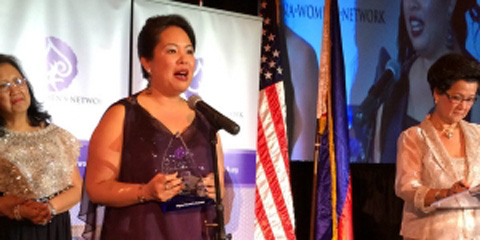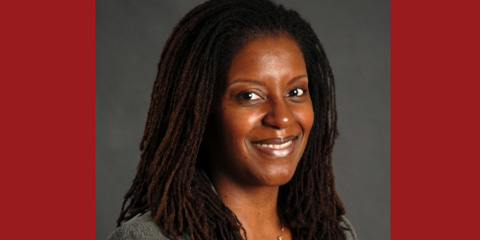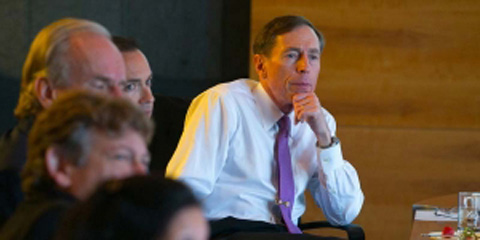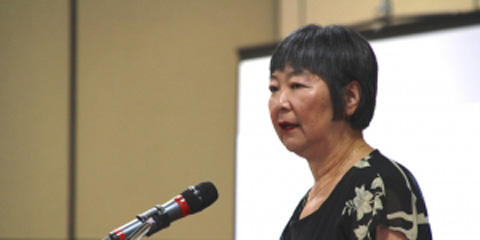News Archive
-

The USC School of Social Work has established a new philanthropic giving community, the Advocates Circle, whose members are dedicated to supporting the school and its mission of improving the lives of vulnerable populations.
By donating between $250 and $5,000, these individual donors are recognized for their generosity with exclusive benefits, including invitations to special events, preferred seating and parking for select university events, and personal assistance with university requests, among many other advantages.
-

Annalisa Enrile, a clinical associate professor with the USC School of Social Work, has been selected as one of the 100 Most Influential Filipina Women in the World (Global100) by the Filipina Women’s Network for her work to improve the well-being of women in the Philippines and beyond.
-

The University of Southern California School of Social Work has launched the most comprehensive survey to date to gauge the diverse needs of Los Angeles County’s military community, including families and service providers.
-

Graduate student Lawrence Doss didn’t aspire to be a Trojan, but thanks to advice from a professor, he is thriving at USC.
Doss is pursuing a Master of Social Work while working as a graduate assistant for USC’s Recreational Sports Intramural Program, a perfect combination for the former football player who said he knew he wanted to be a social worker because “I could merge some of the convictions I have about service to people into a profession.”
-

For individuals who rely on self-propelled wheelchairs, upper body injuries can be catastrophic.
More than 70 percent of people in manual wheelchairs develop shoulder pain or injuries due to repetitive movements and overuse, often resulting in decreased mobility, reduced physical activity, increased weight and other negative consequences that can decrease their quality of life. Motorized wheelchairs are an option but have their own pitfalls, such as limited battery life and transportation difficulties due to their bulky size.
-

As the newest member of the USC School of Social Work faculty, retired colonel Carl Castro is looking forward to tackling the toughest problems confronting military service members and veterans.
“The most pressing challenges the military has right now from an active-duty perspective is this high suicide rate in the Army, sexual assault issues facing all the services, and facilitating the transition from a wartime military to a peacetime military,” he said. “That dovetails into issues facing veterans and service members entering civilian life.”
-

Much like the rest of the United States, Los Angeles is growing older. Its older adult population is projected to double by 2030. Compounding the problem is a looming shortage of geriatric social workers the National Institute on Aging estimates will need to increase 50 percent by 2020 to keep pace. Yet, the country’s accredited schools and programs of social work often struggle to recruit and graduate enough students to handle the demand.
-

Retired Gen. David Petraeus officially became “Professor Petraeus” to USC students last week — lecturing on energy and the U.S. economy, meeting with student veterans and cheering the football team to a win in the Los Angeles Memorial Coliseum.
-

The USC Price School of Public Policy held a daylong conference Oct. 8 to discuss the needs of returning veterans, especially with regard to employment and housing.
The conference, “Work and Home: Addressing the Urgent Needs of Returning Veterans,” featured a number of high-profile speakers, including opening remarks by Gen. David Petraeus, USC Judge Widney Professor, and affiliated faculty with the USC Center for Innovation and Research on Veterans & Military Families (CIR) at the USC School of Social Work, and a keynote address by Los Angeles Mayor Eric Garcetti.
-

The California Social Work Hall of Distinction honored six social work leaders on Saturday for their distinguished career achievements and exceptional contributions to social welfare in California, including USC School of Social Work alumni Ismael Dieppa, DSW ’73, and Mariko Yamada, MSW ‘74. The 2013 class also included Congresswoman Barbara Lee, chair of the Congressional Social Work Caucus, who recently earned President Barack Obama’s nomination for United States representative to the United Nations.